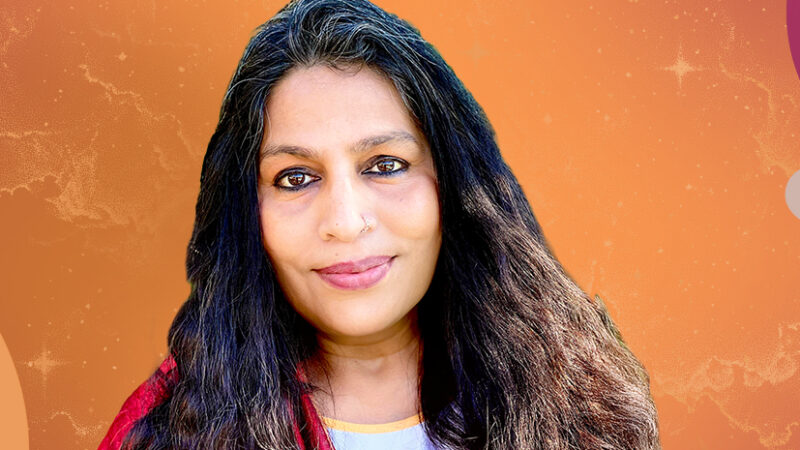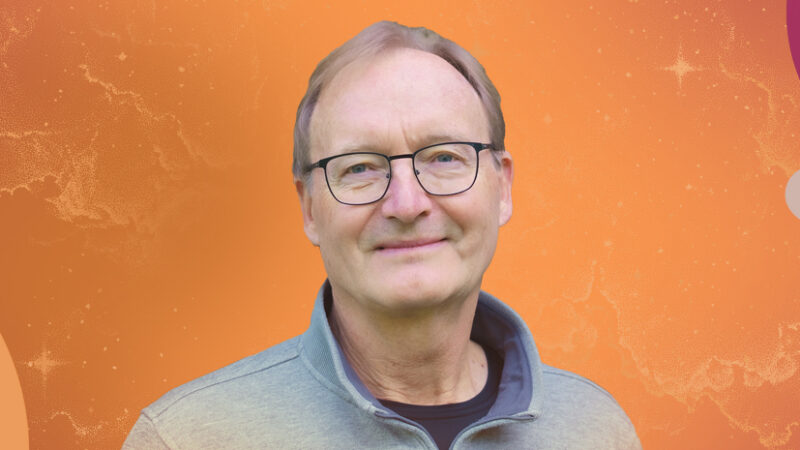Rabbi Rami Shapiro: Living in Free Fall: The Path of t...
Rabbi Rami Shapiro is an award-winning author, teacher, and former congregational rabbi whose written prayers are used in books around the world. With Sounds True, he has published the spoken-word offering How to be a Holy Rascal and the forthcoming book Holy Rascals: Advice for Spiritual Revolutionaries. In this episode of Insights at the Edge, Rami and Tami Simon talk about the concept of the “holy rascal” and just what it takes to become one. Rami speaks on his background as a rabbi and how he came to a practice of “nondual Judaism.” Tami and Rami also discuss his encounters with God as a mother figure, and how these mystical experiences led to a burning away of his clinging tendencies. Finally, Rami underlines the importance of ecstatic experiences and why holy rascals are needed now more than ever. (68 minutes)








